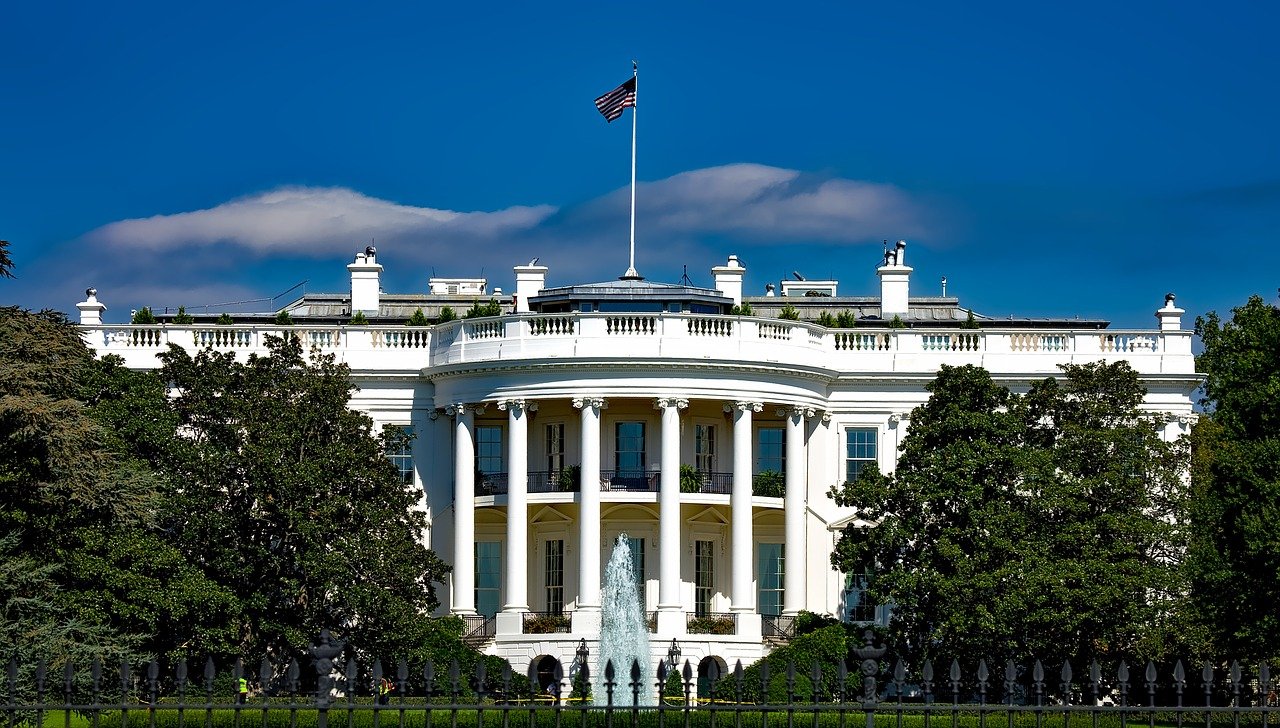After one of the most closely-run, contentious, and controversial election races in history, former vice president Joe Biden is expected, barring any unprecedented legal interference, to be the next President of the United States. Setting aside for a moment the chaos surrounding the election, it is worth looking ahead to see how a Joe Biden-Kamala Harris administration could affect the fintech industry.
During an election campaign that focused heavily on the coronavirus pandemic and economic recovery, neither candidate explicitly outlined policies pertaining to the financial technology sector. However, by using Biden’s stance on areas such as regulation and immigration, plenty can be gleaned regarding how fintech may be impacted during his time in the White House.
Here are three things you need to know:
1. Greater Financial Inclusion
The number of banked households in the U.S has been on the rise in recent years. However, according to a report from the Federal Deposit Insurance Corp. (FIDC), the continued economic fallout and increasing unemployment resulting from the pandemic is likely to reverse that trend.
Therefore, the need for alternative banking solutions and more financial inclusion is greater than ever. A Biden presidency could spell good news in these areas. From reestablishing postal banks to the creation of public banks, Democrats have long supported initiatives facilitating financial inclusion.
Challenger banks such as Chime and Current have already displayed their utility during the pandemic by setting up processes to get stimulus checks to their customers early. Fintech lenders including Kabbage and BlueVine successfully lobbied alongside traditional banks to participate in the Paycheck Protection Program (PPP). Given the current financial circumstances facing, potentially, millions of Americans, fintech experts believe the financial inclusion advocated by Democrats will benefit both the industry and the customers it serves.
“I do think fintechs will probably have a couple of golden years here under Biden, as there’s an effort to democratize and make more services available to folks who have been underserved in the past,” Kara Ward, a Holland & Knight partner, said last month during a webinar.
Ward’s sentiments were echoed by David Schultz, a Hamline University political science professor, who said “I do think we’re going to see pressures from the Biden side for allowing more alternatives to traditional banking. I think that people are going to be looking for post-COVID-19 alternatives for banking and for new types of institutions to make it more accessible, especially in their communities.”
2. Introduction of New Regulatory Standards
Under President Trump, financial regulations were eased. The most notable of these changes was the stripping of a key provision for payday lenders by the Consumer Financial Protection Bureau. This meant lenders no longer needed to check a consumer’s ability to repay a loan.
Based on Biden’s response to this change—which the former vice-president described as “a windfall to predatory lenders,” “shameful,” and “completely inexcusable”—it’s logical to assume that those rules will be reversed. That would be in line with Biden’s preference for stronger financial regulations. He has also supported the creation of a public reporting credit agency to help address racial disparities in credit reporting and monitor banks and lenders to ensure they are not exploiting customers.
In addition to new measures over financial regulations, a Biden administration is also expected to champion changes to regulatory standards over consumer personal data. This could lead to greater fintech innovation.
At present, the US does not have federal-level regulatory standards pertaining to financial rights which would allow consumers to control how their data is shared with third parties. Instead, banks control what data they would like to share with other entities about their customers, which has had a negative effect on fintech adoption and innovation.
Biden has expressed his desire to see the United States introduce similar consumer data standards as seen in the European Union with the General Data Protection Regulation (GDPR)—a regulation Trump has criticized. GDRP-style regulations in the US would allow American consumers more ownership rights over their data and greater freedom over who they can share it with. This would be a welcome shift for fintech firms who rely on such personal data to tailor and personalize their products and services.
3. Easing of Immigration Restrictions
Tighter immigration was a hallmark of the Trump administration. In June 2020, a suspension was placed on foreign worker vias applications until the end of the year. That was followed in October by new limitations on H-1B visa applications, limiting applicable foreign workers to 85,000 per year.
The H-1B ruling reduces the number of skilled workers able to work in the United States by up to one-third. Given the shortage of tech talent, this has the potential to impact fintech’s ability to recruit tech staff from overseas.
Biden has made it clear that he will remove the H-1B restrictions as part of a wider, more internationally-inclusive immigration policy. This would allow fintech companies the opportunity to attract talented tech staff from around the world.

